20 November 2020 – A team of five Master of Science in Business Analytics (MSBA) students and one Computer Science undergraduate won first place at the Chengdu 80 Financial Technology (FinTech) competition this year.
The fintech design and development competition was organised as part of the annual conference jointly hosted by the Southwestern University of Finance and Economics (SWUFE) and University of California, Berkeley’s Consortium for Data Analytics in Risk (CDAR). Held annually in Chengdu, this year the competition was held online from 26 to 29 October.
MSBA students Alexander Baesell, Ken Cheah, Yu Wenxi, Tommy Kangdra, Zhang Tongsen and Year 3 Computer Science undergraduate Liow Jia Chen won the Trailblazer Award and RMB 40,000 in cash for developing an investment advisory system. The team beat nine other teams from universities such as Tsinghua University, University of Hong Kong, and University of California, Berkeley. Associate Professor James Pang Yan, co-director of the NUS Business Analytics Centre, was the team’s advisor.
The annual contest requires teams to develop a working prototype in 80 hours, then present their solutions to the judges.
This year, participating teams were required to develop a financial investment advisory system that can provide profitable trading strategies based on historical market information. In designing their solutions, participants were expected to utilise various information such as historical transactional data and financial news to aid investors’, as well as stock traders and analysts’ decision-making. The system is also expected to interpret and explain such predictions to help users make better decisions.
Over many sleepless nights, the NUS team worked on Pisces, an innovative, scalable platform that helps investors make informed investment decisions, using explainable artificial intelligence (AI) techniques and blockchain technologies.
“In essence, Pisces provides a market platform for analytics contributors and financial experts to connect, and where machine learning models are easily explained by our platform through explainable AI.” Alexander shared on behalf of the team. “Our platform allows financial experts to easily understand how the gears of a prediction model are turning, and how the models are generating their predictions. It also harnesses the power of blockchain to establish trust and natural language processing as an added dimension to our platform.”
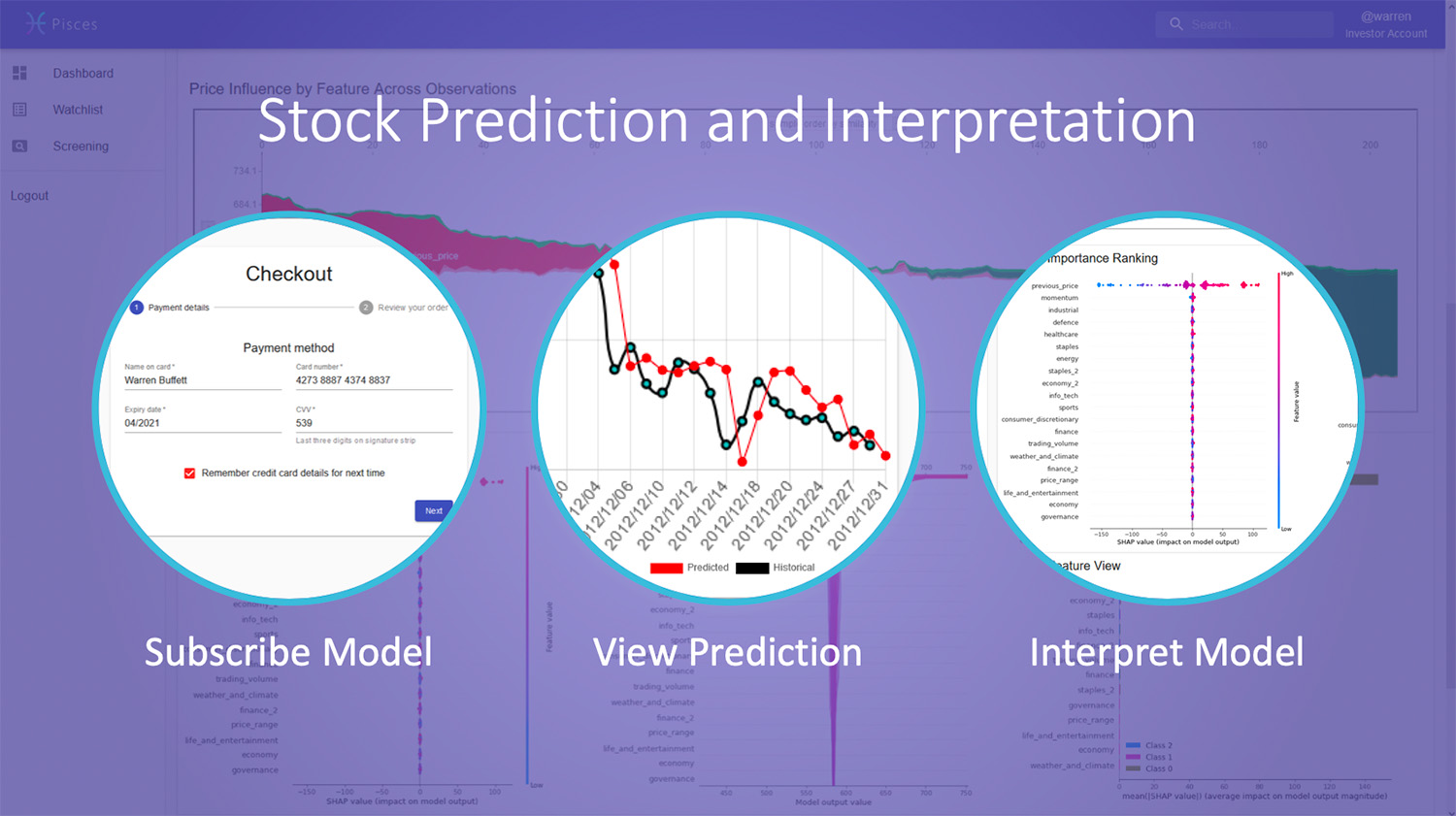
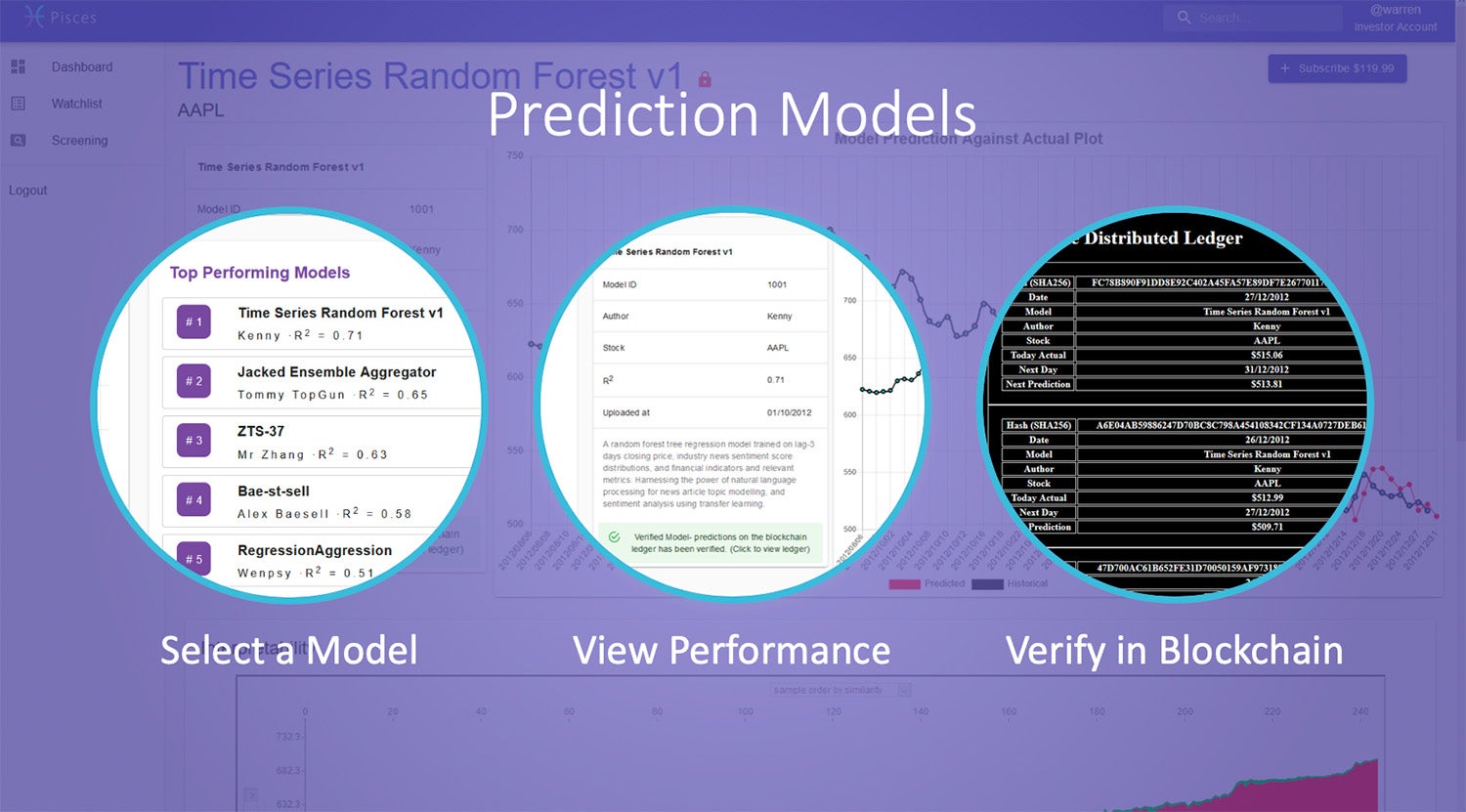
“Before the competition, our seniors who previously participated in the same competition advised us to focus on the overall solution instead of technical details. This helped us a lot during the competition, especially when we were stuck with the prediction model, and it is part of the reason we stood out among all the universities.”
Added Alexander: “We were the only group who presented an entire business model with a solution that solves a real problem – investors want to leverage on AI for their investment decisions, but they don’t trust AI predictions if they are not able to understand them.”
He also credits the team’s win to the diverse backgrounds of the team members. “Our biggest strength was our diversity. Everyone played a crucial part in the team,” said Alexander.
Five of the team members, Baesell, Cheah, Yu, Kangdra, and Zhang, originally met through a blockchain-related project and decided to enter the competition because they enjoyed working with each other. Their various backgrounds in business, information technology, finance, analytics, and design complemented the interdisciplinary nature of the competition. Liow was roped in for his background in programming.
“We feel very fortunate that we had the opportunity to represent NUS in an international competition against top universities in the world. Of course, when you are selected to represent your university, you want to do this as best as possible,” said Alexander. “We were all on a Zoom call together to watch the award ceremony. We were just so relieved to learn that we won, since NUS has a very good track record at this competition and we did not want to disappoint anyone.”
Apart from winning the cash prize, the team was also invited to visit SWUFE in Chengdu after the pandemic, which is also where team member Yu hails from.

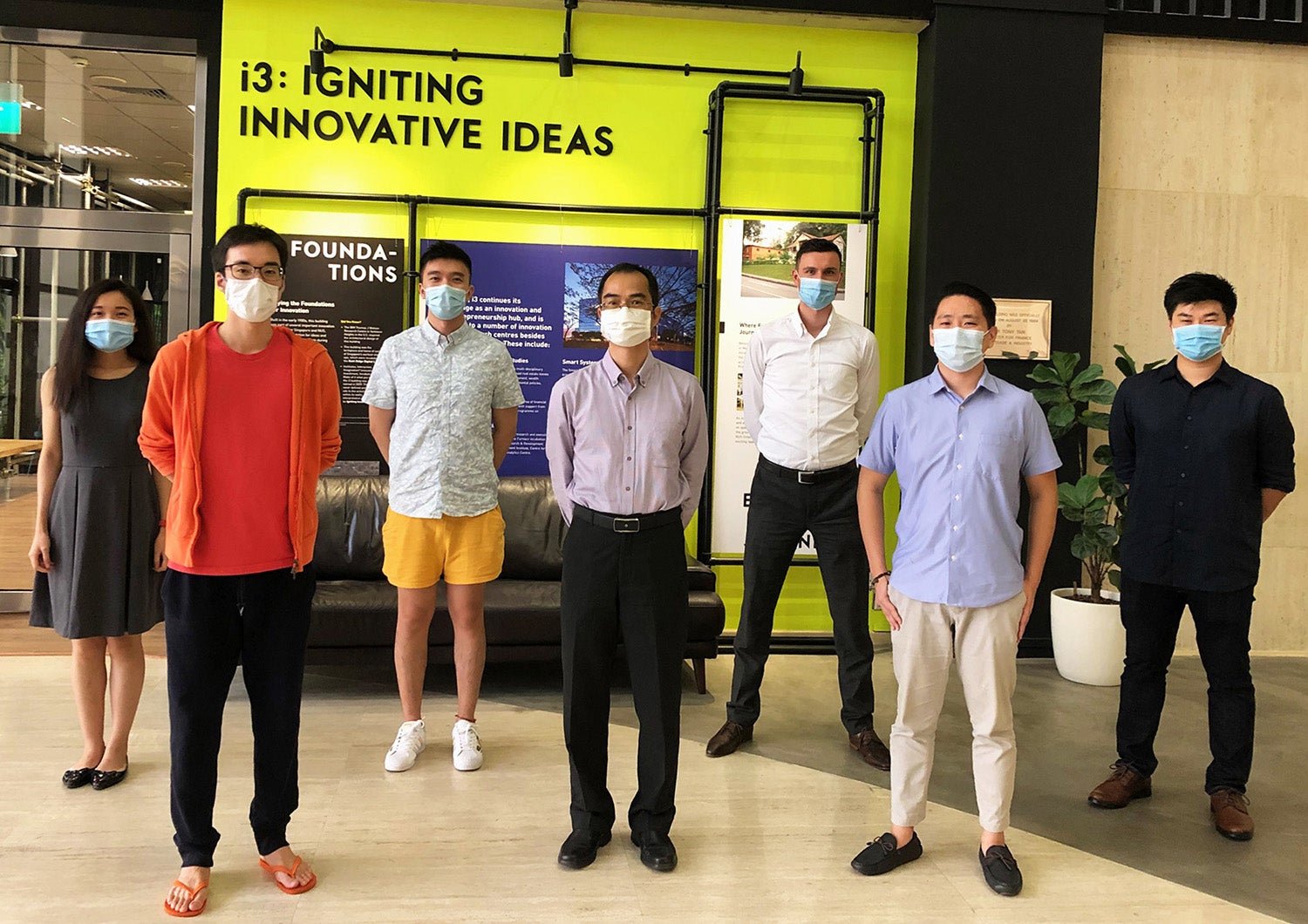
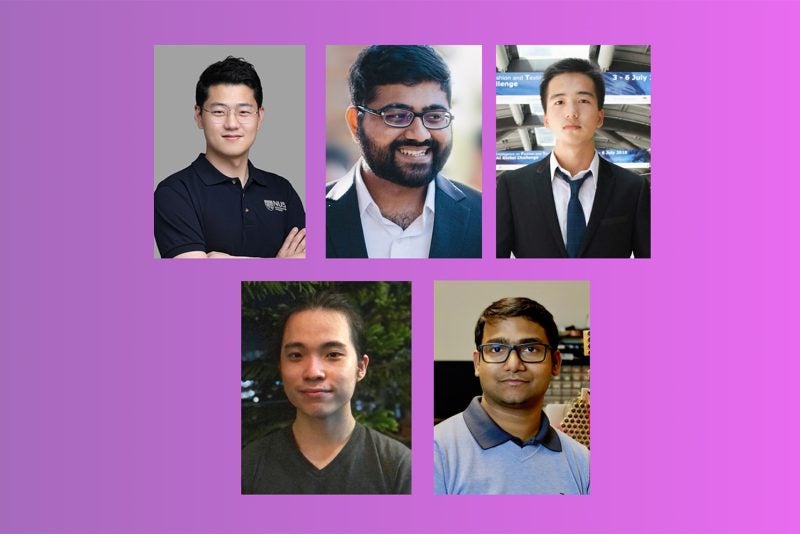
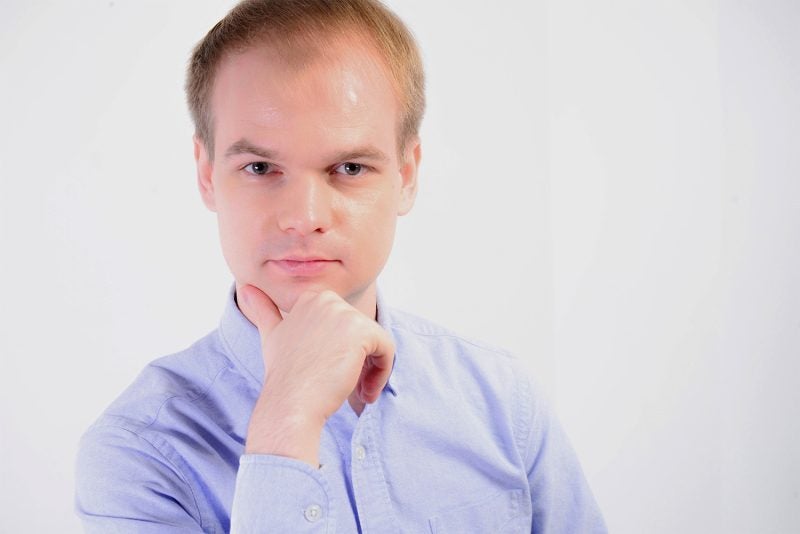
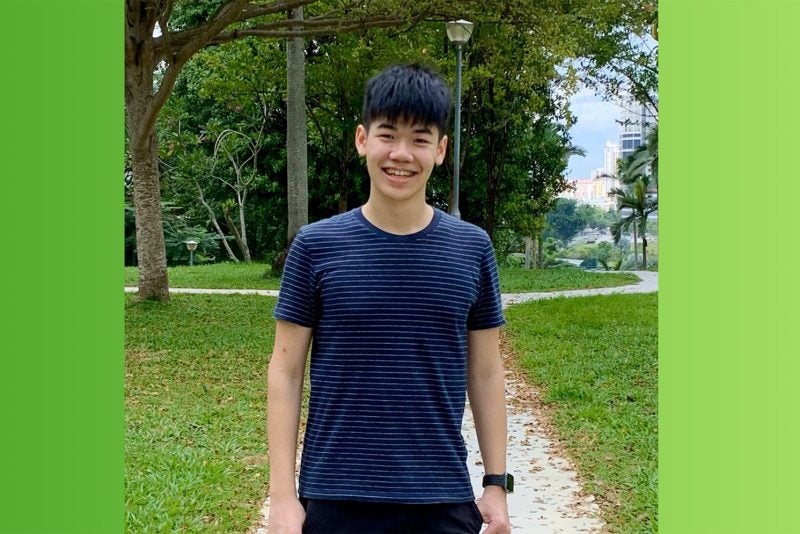
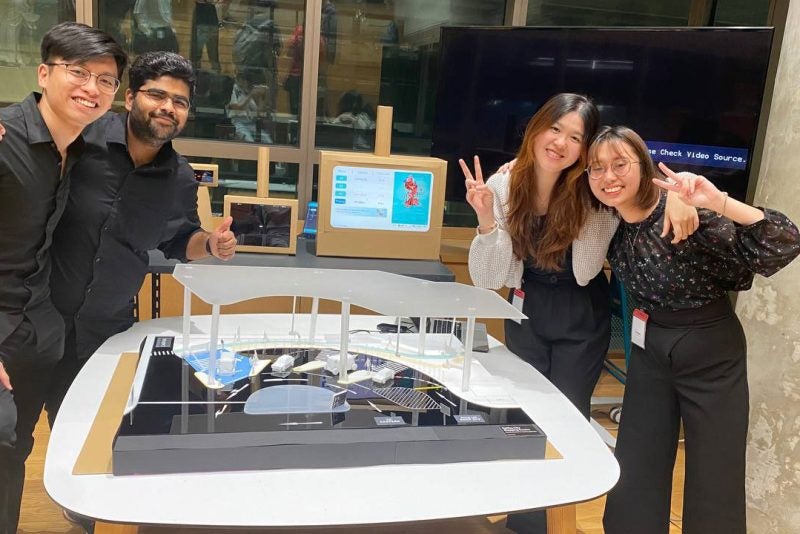
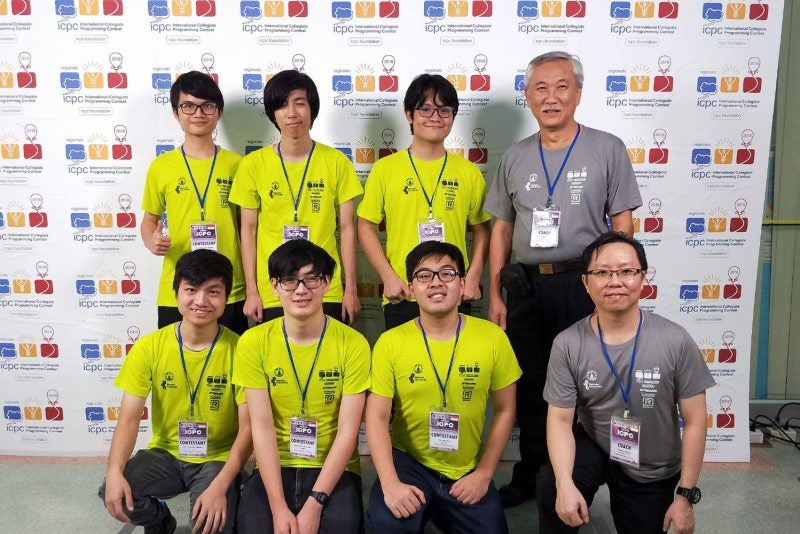
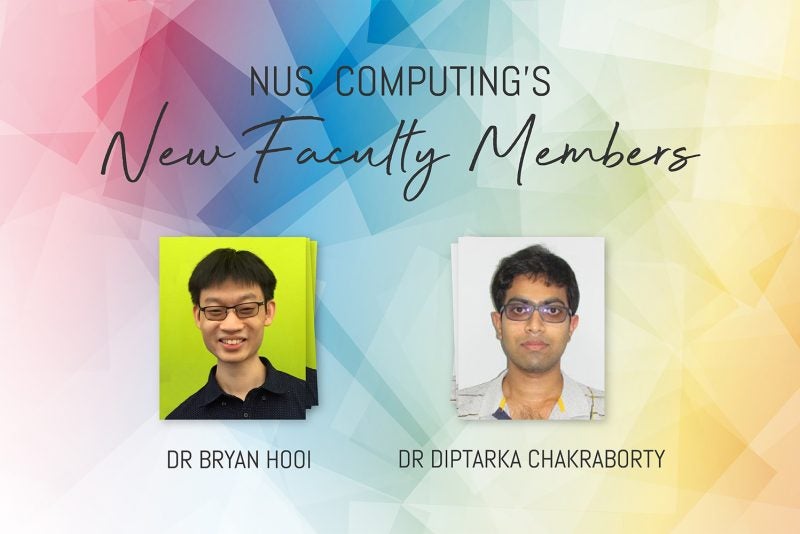

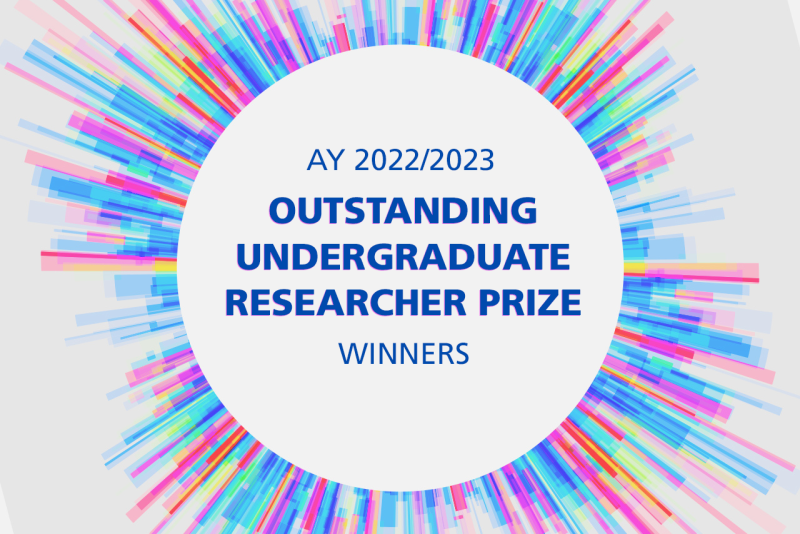
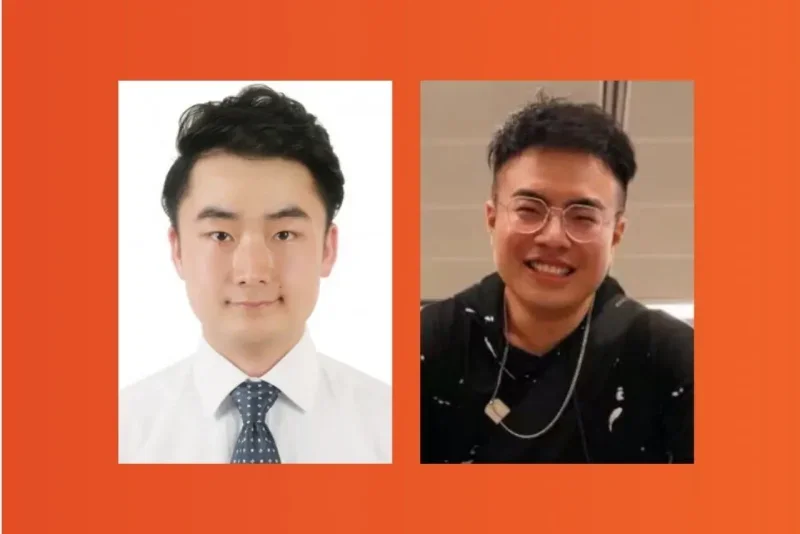
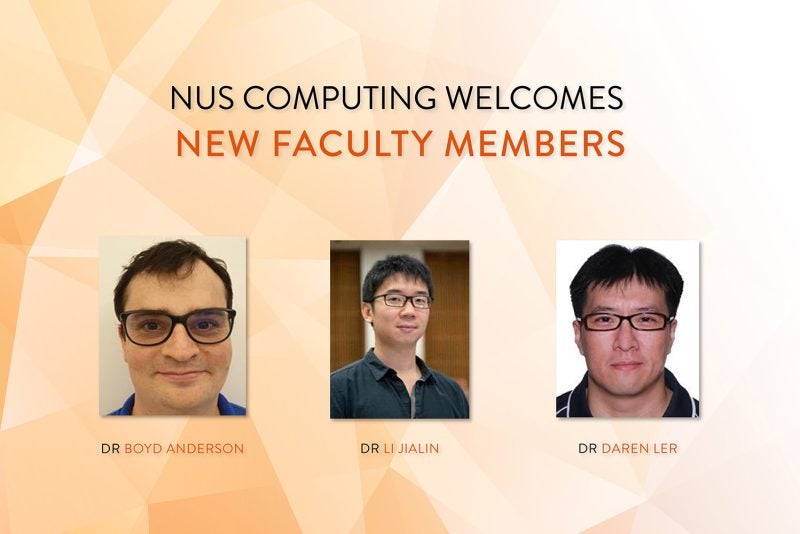
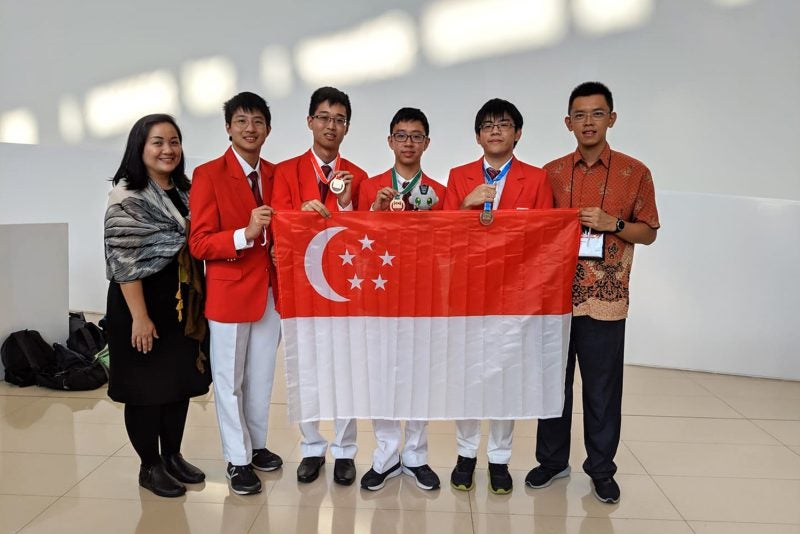
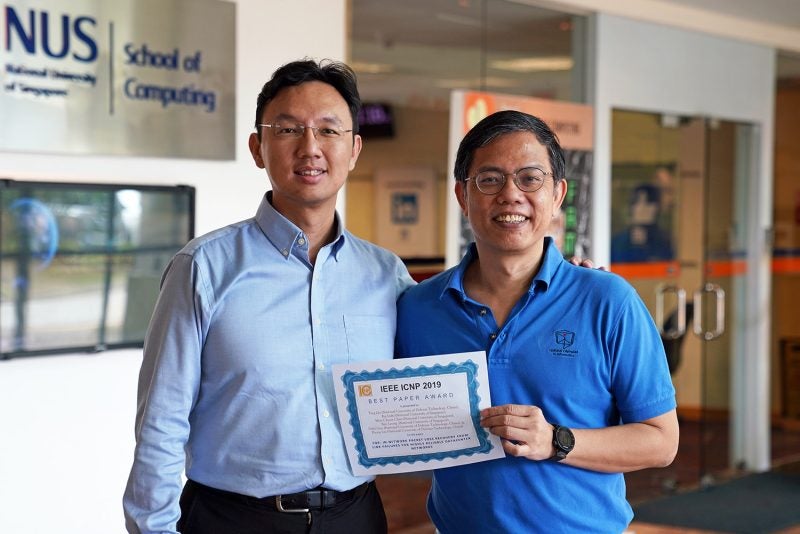
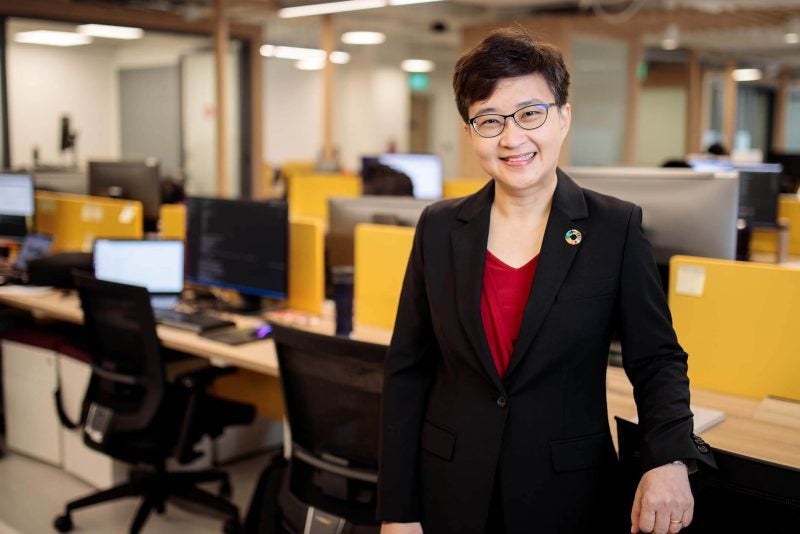

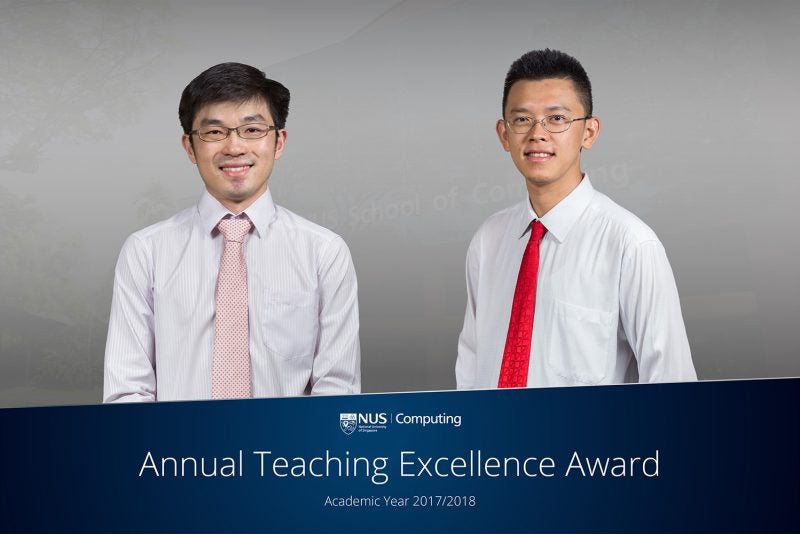
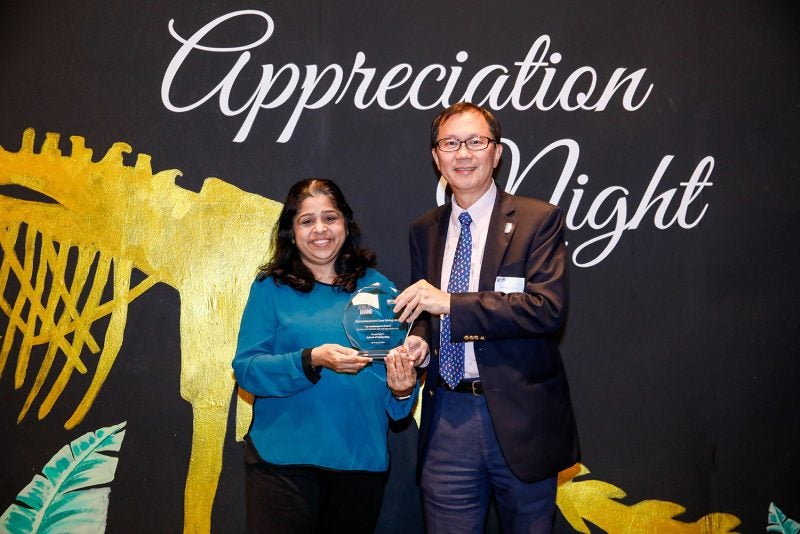
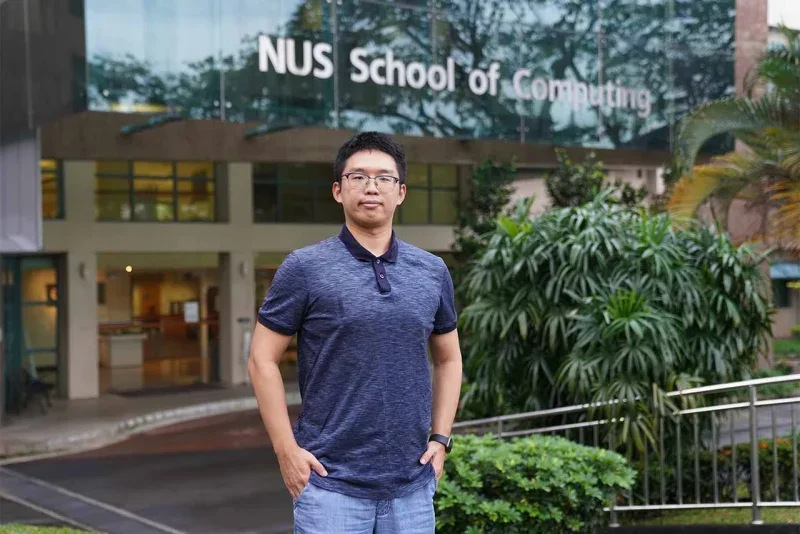
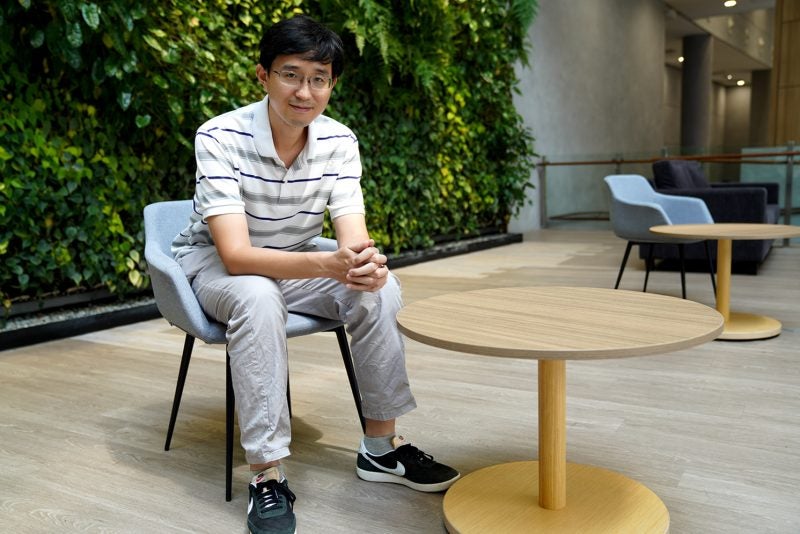
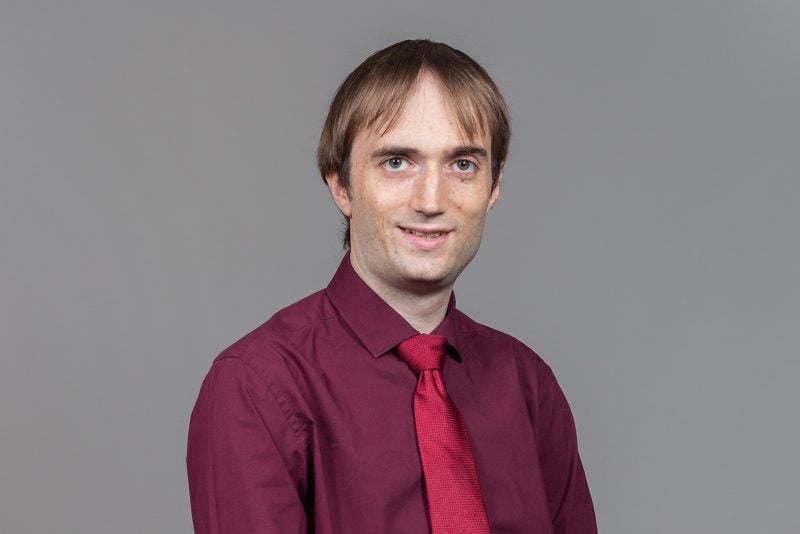
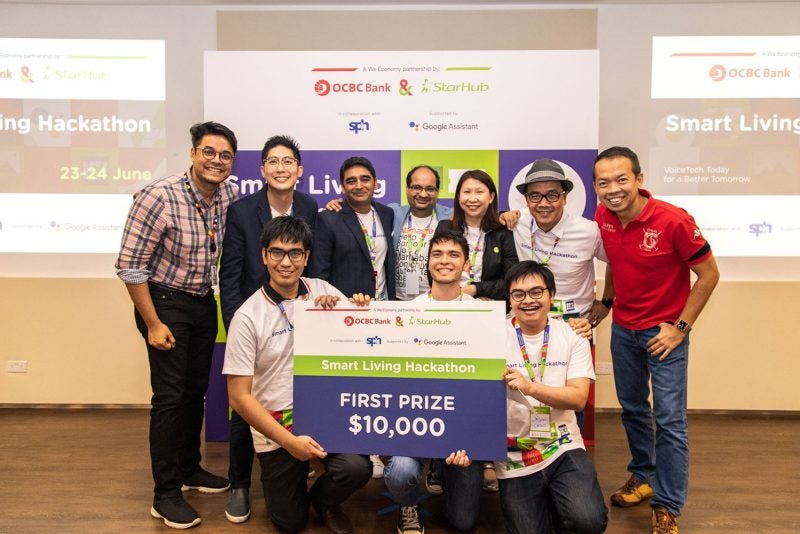
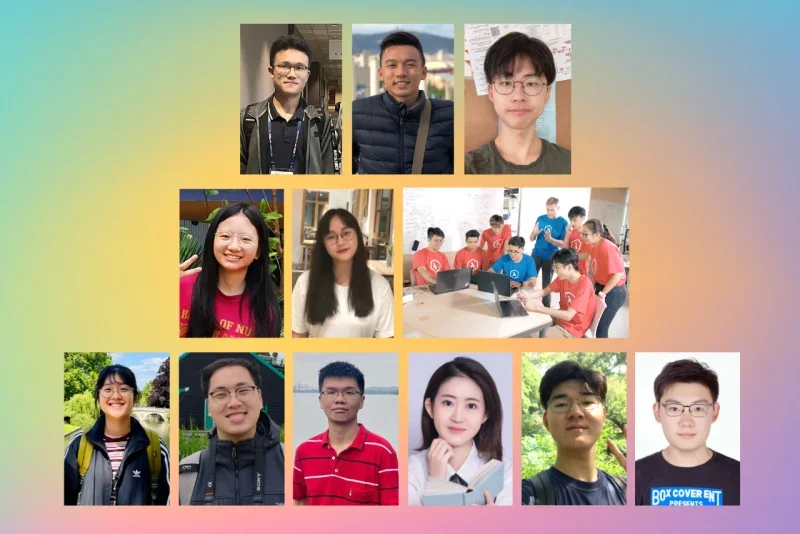
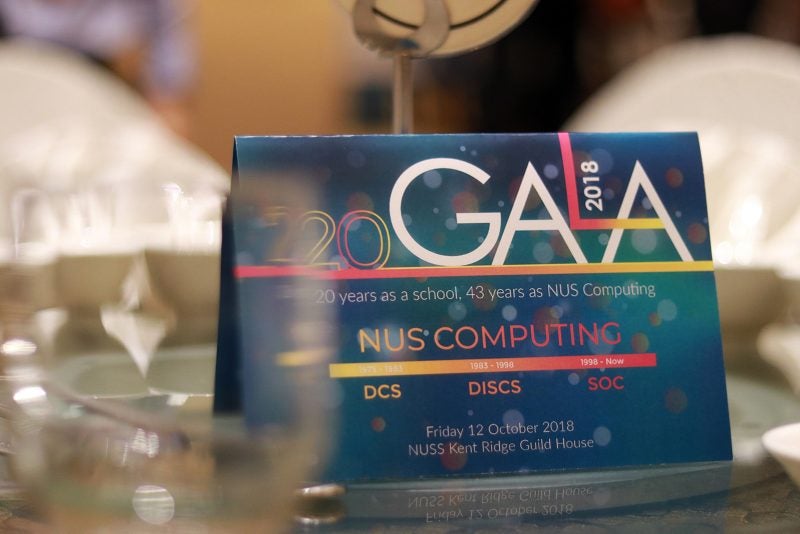
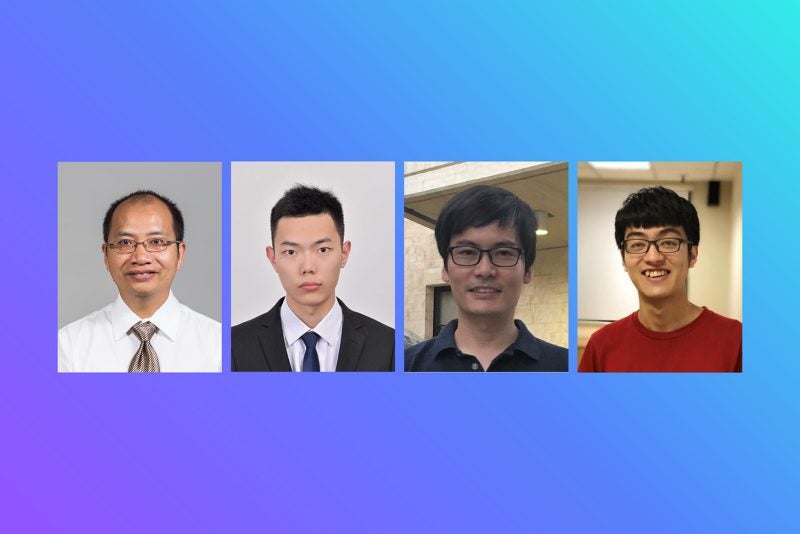
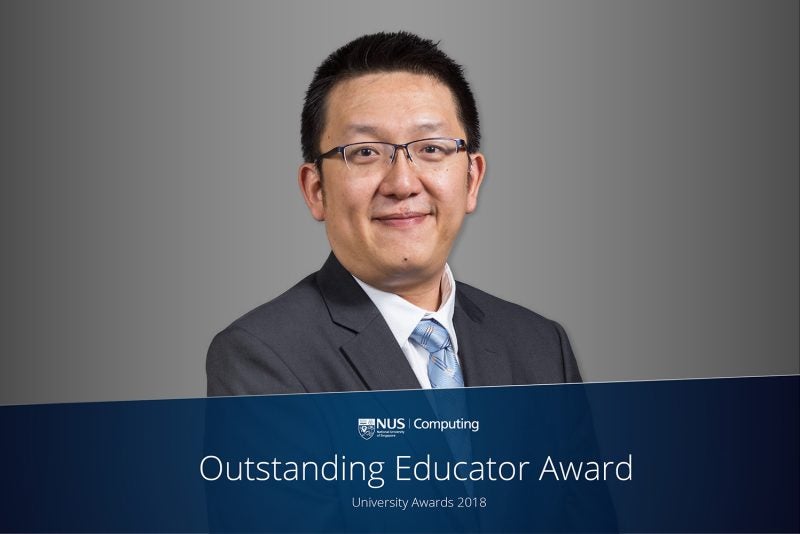
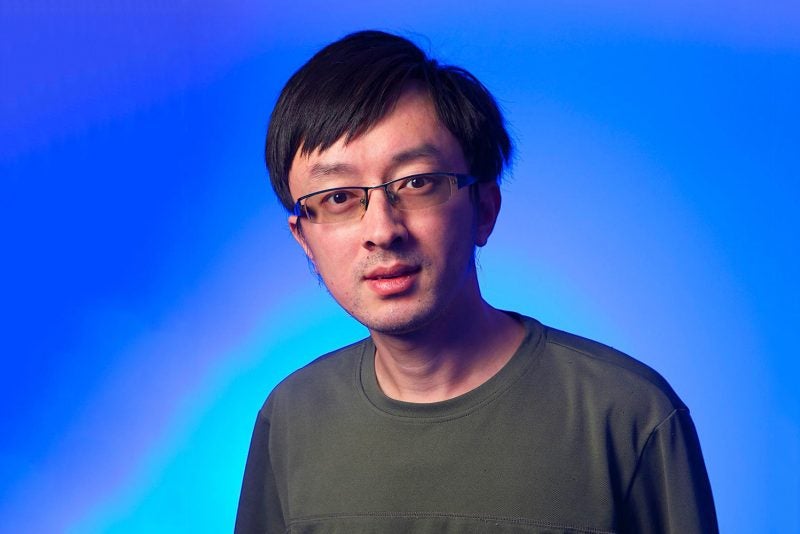
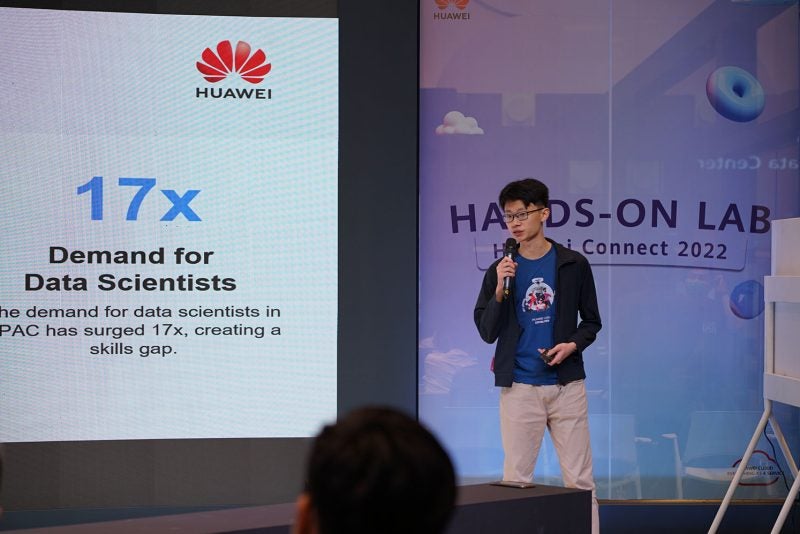
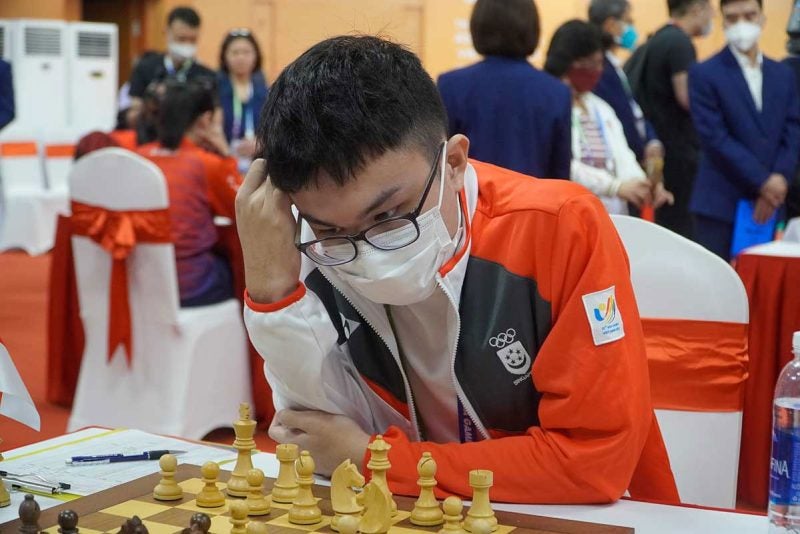

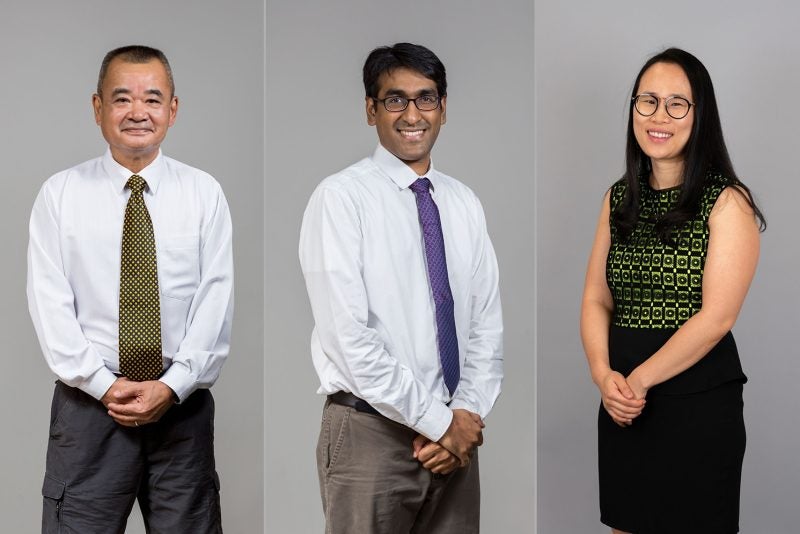
Assistant Professor Yair Zick: Ethics in Artificial Intelligence